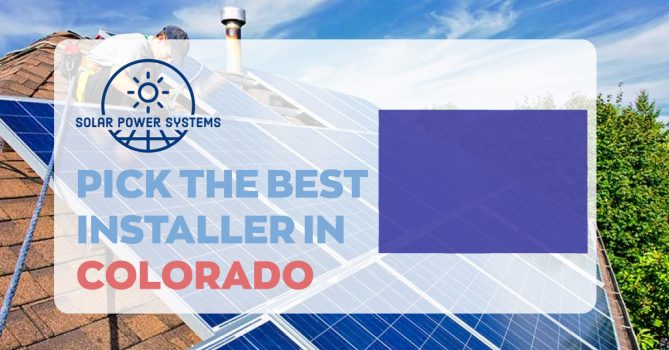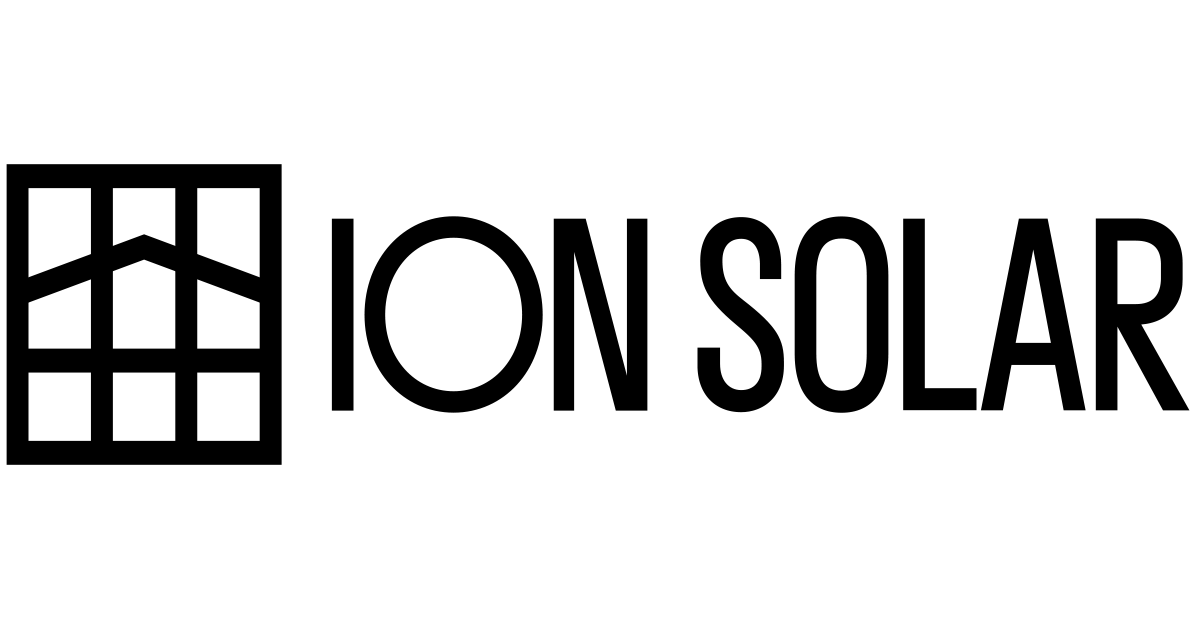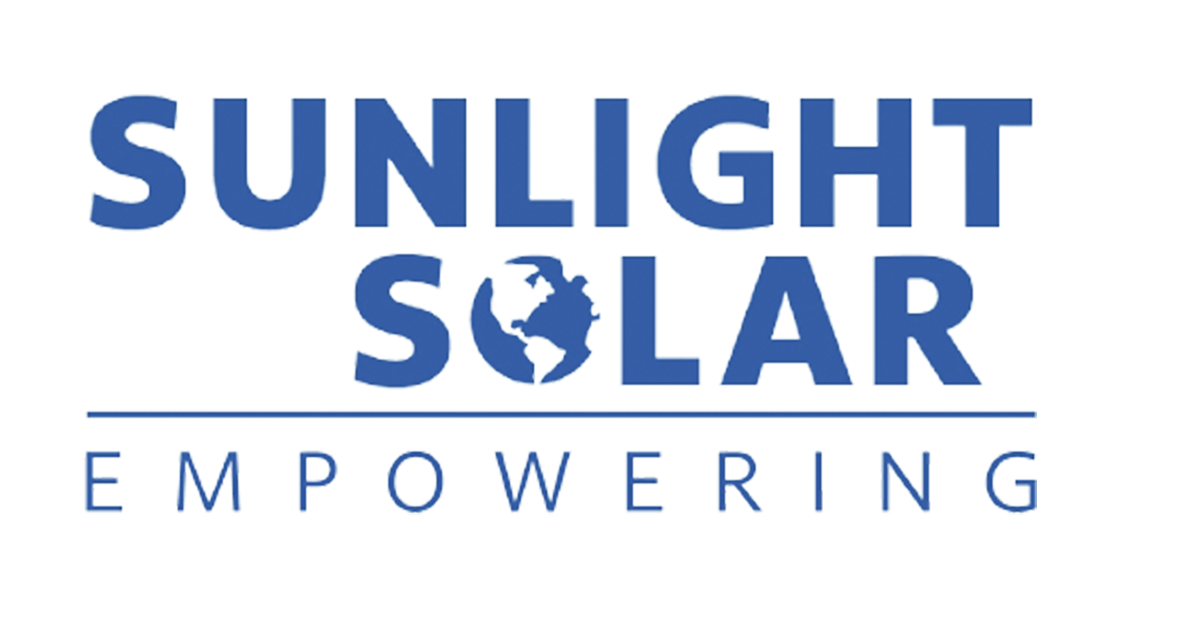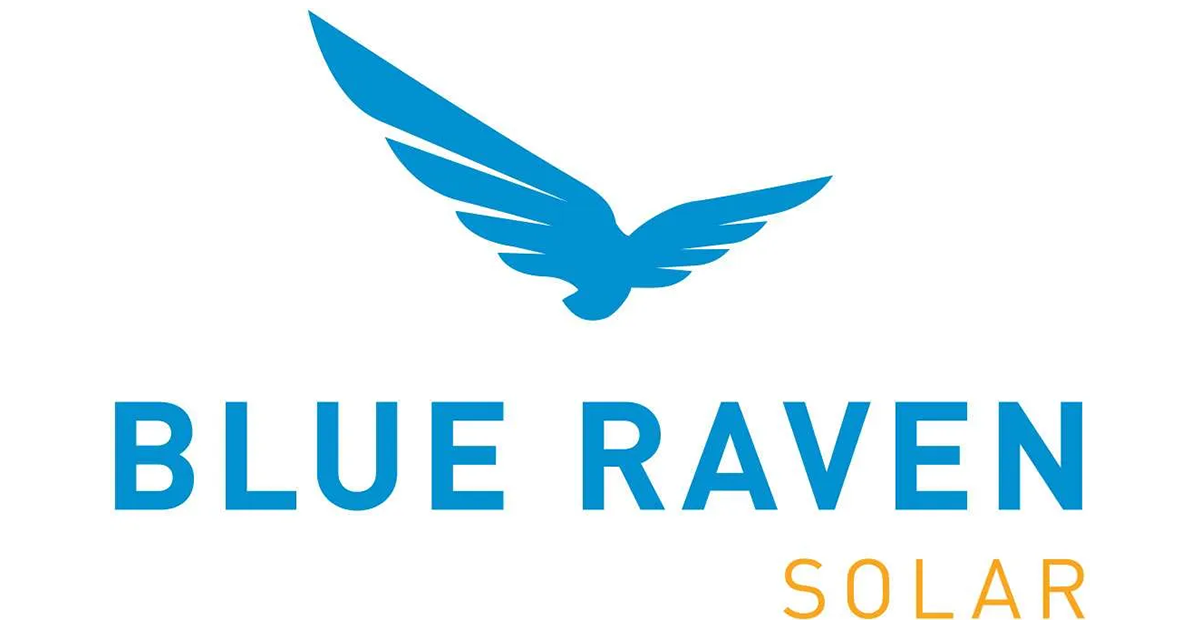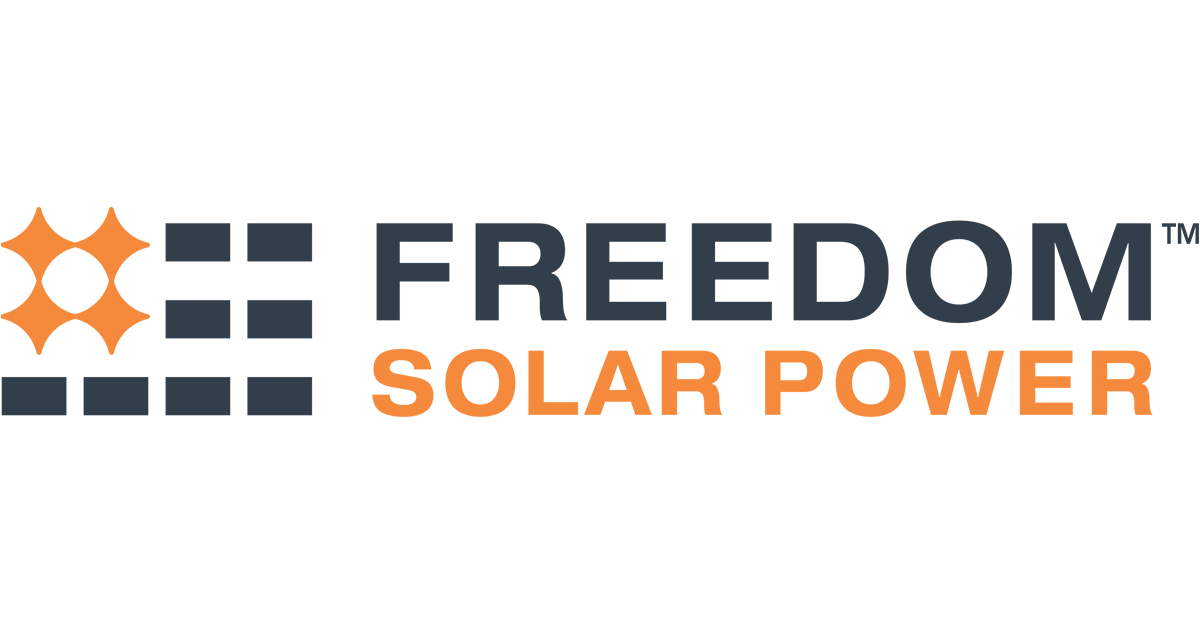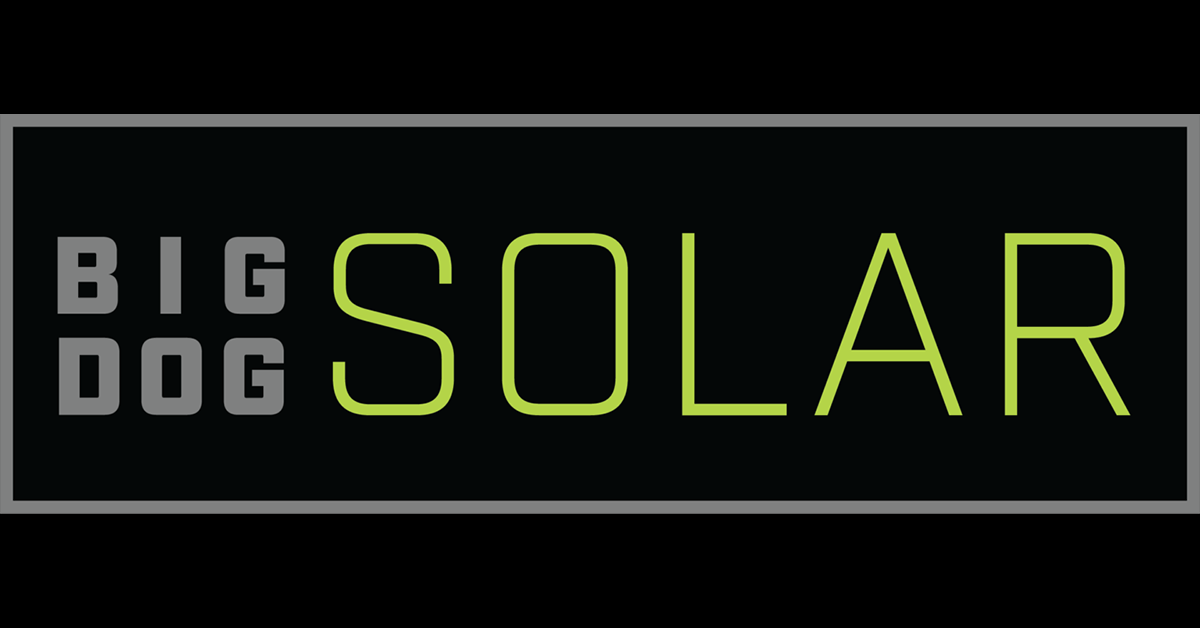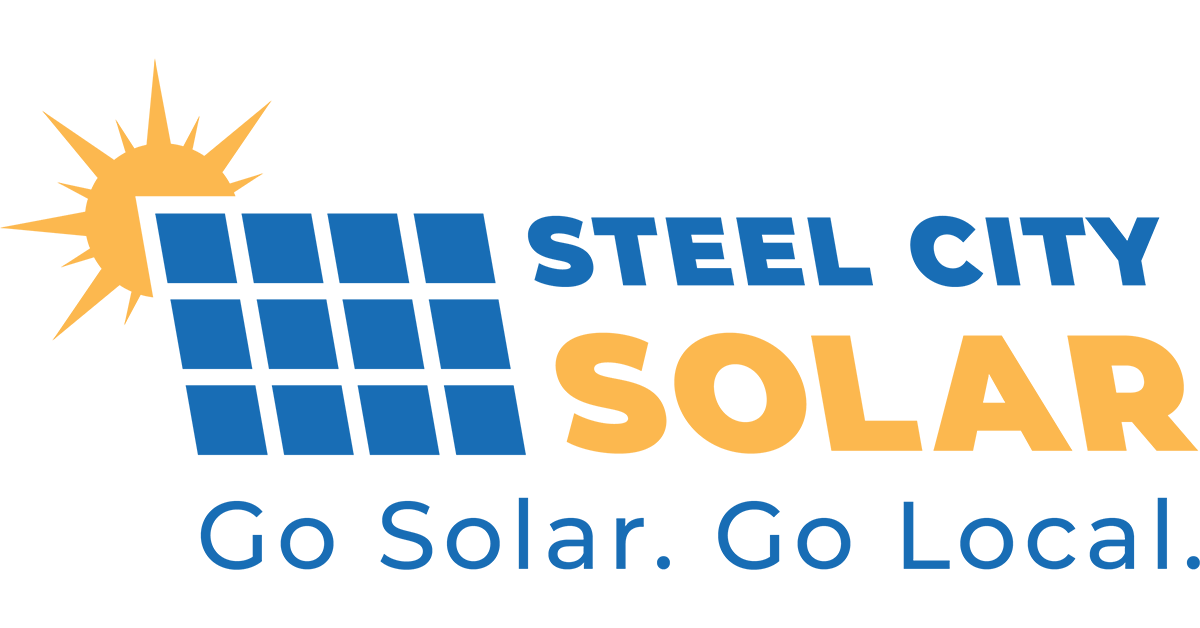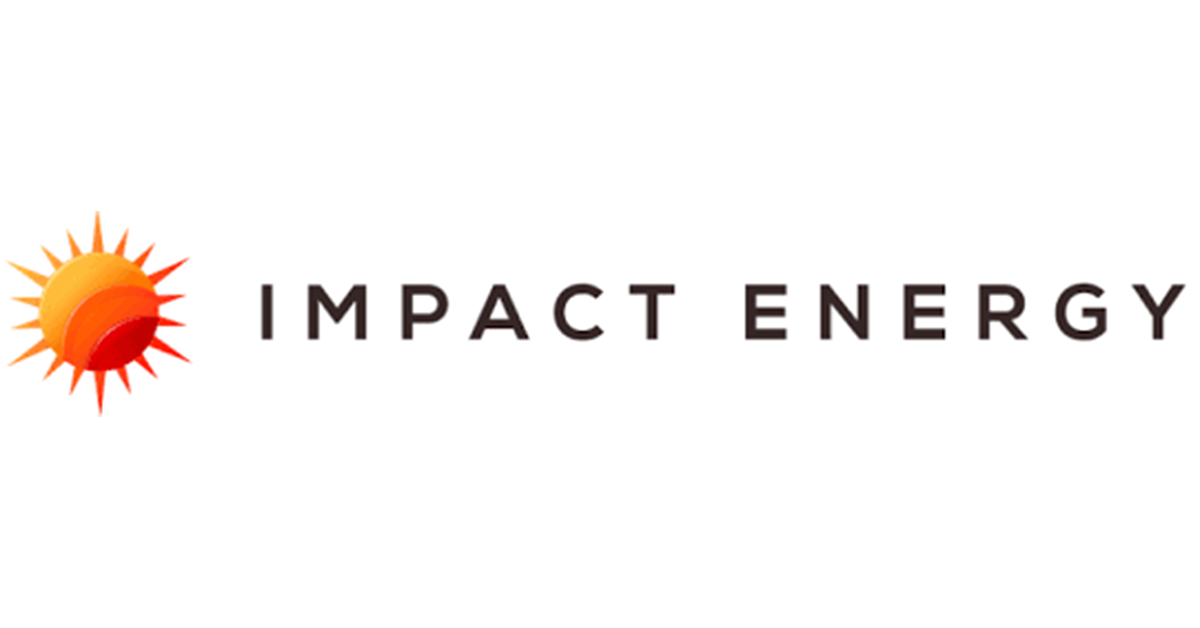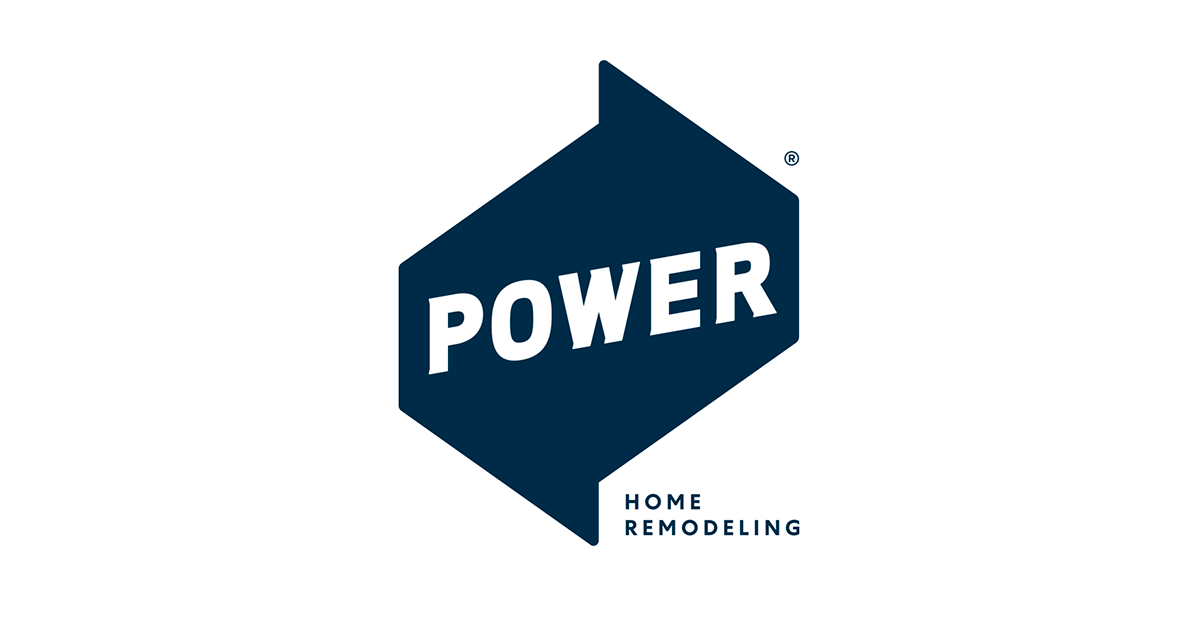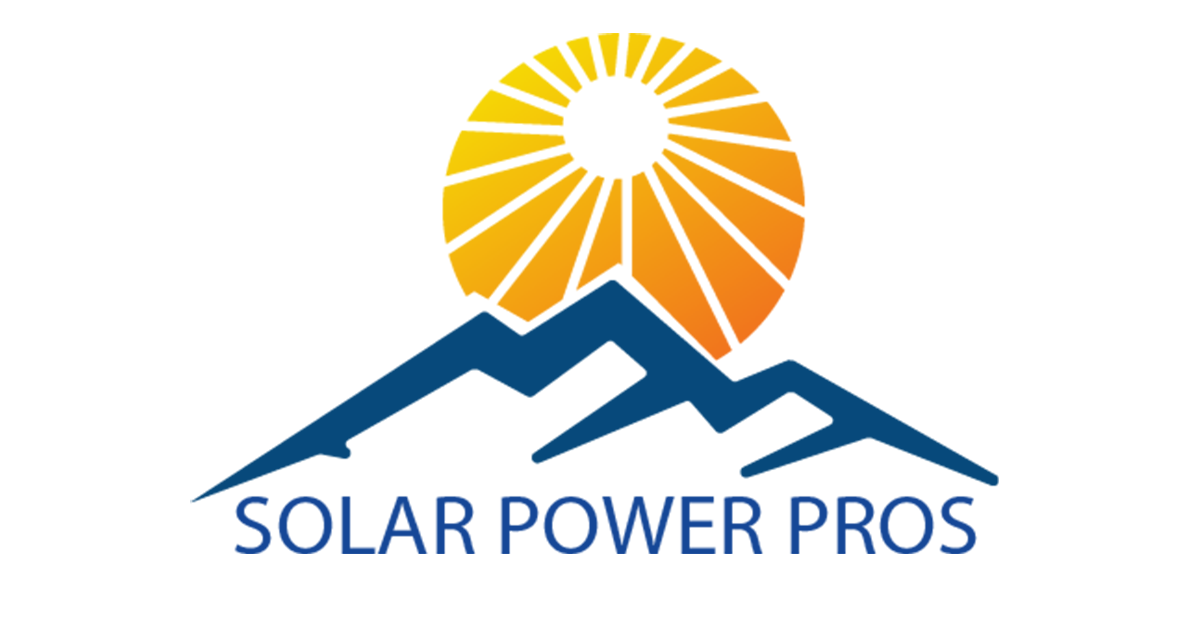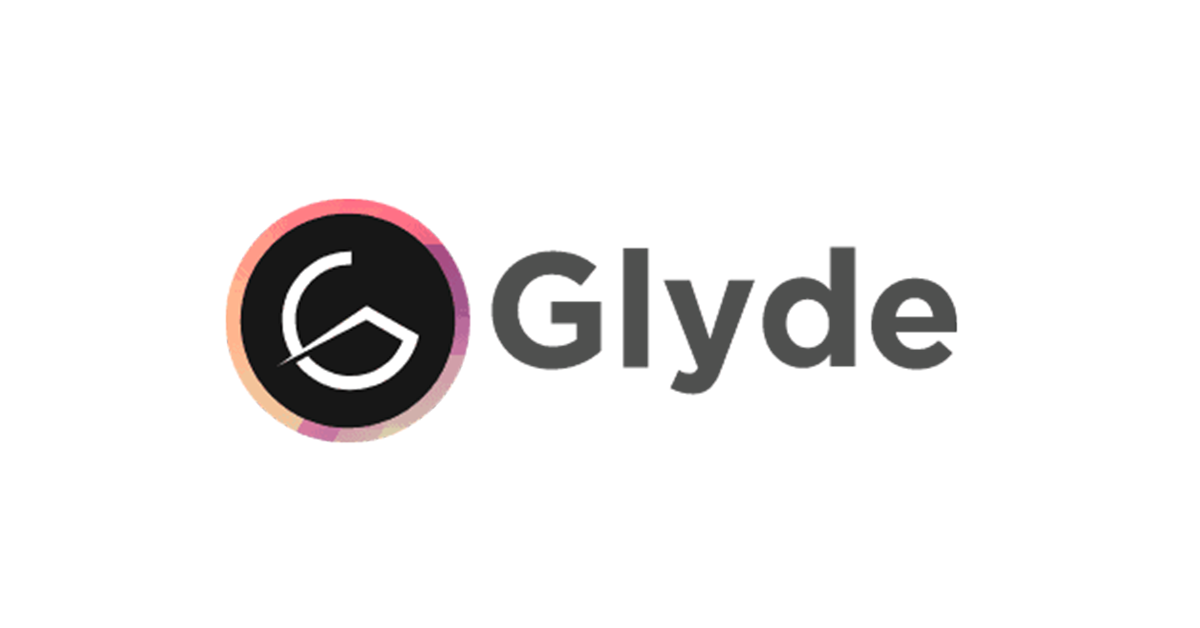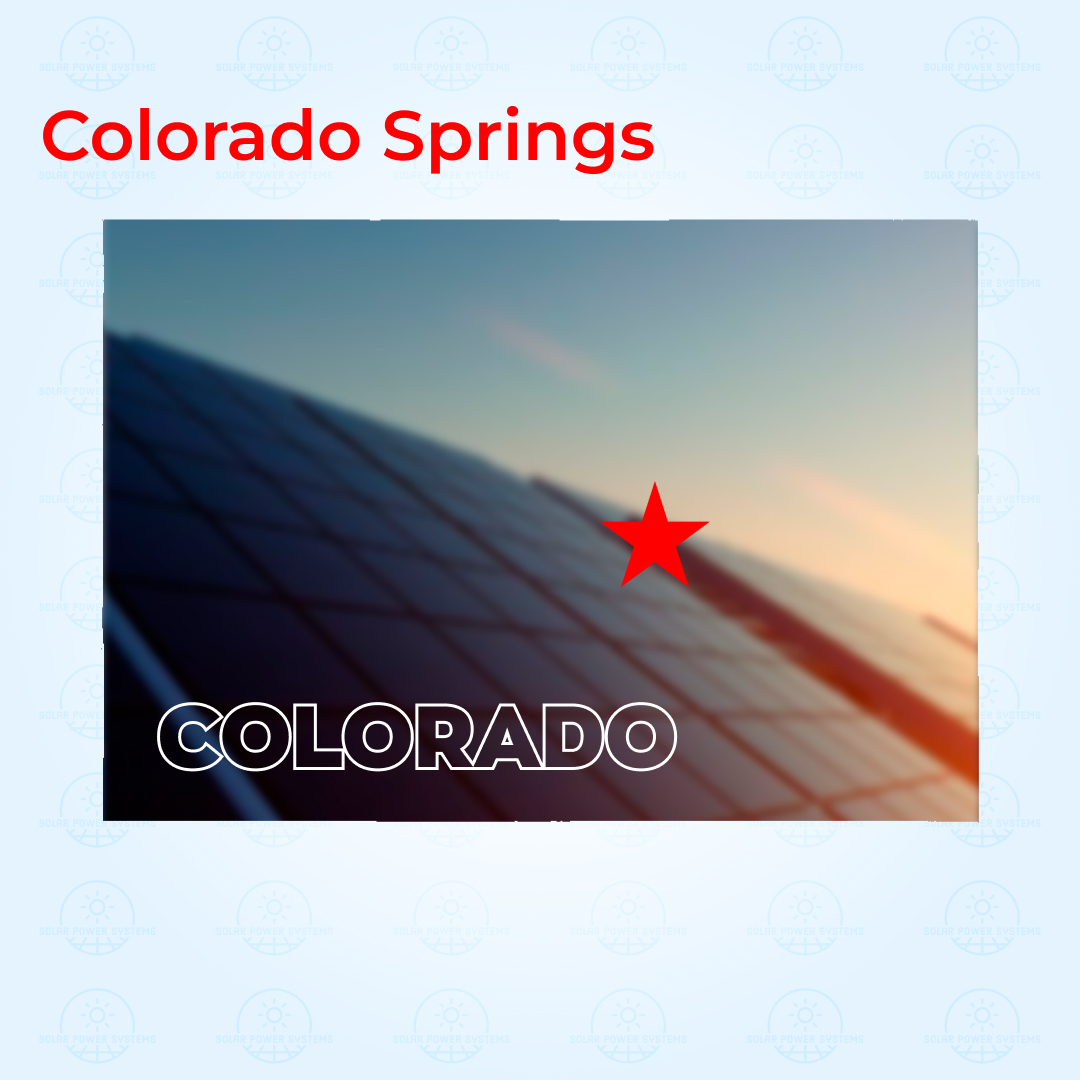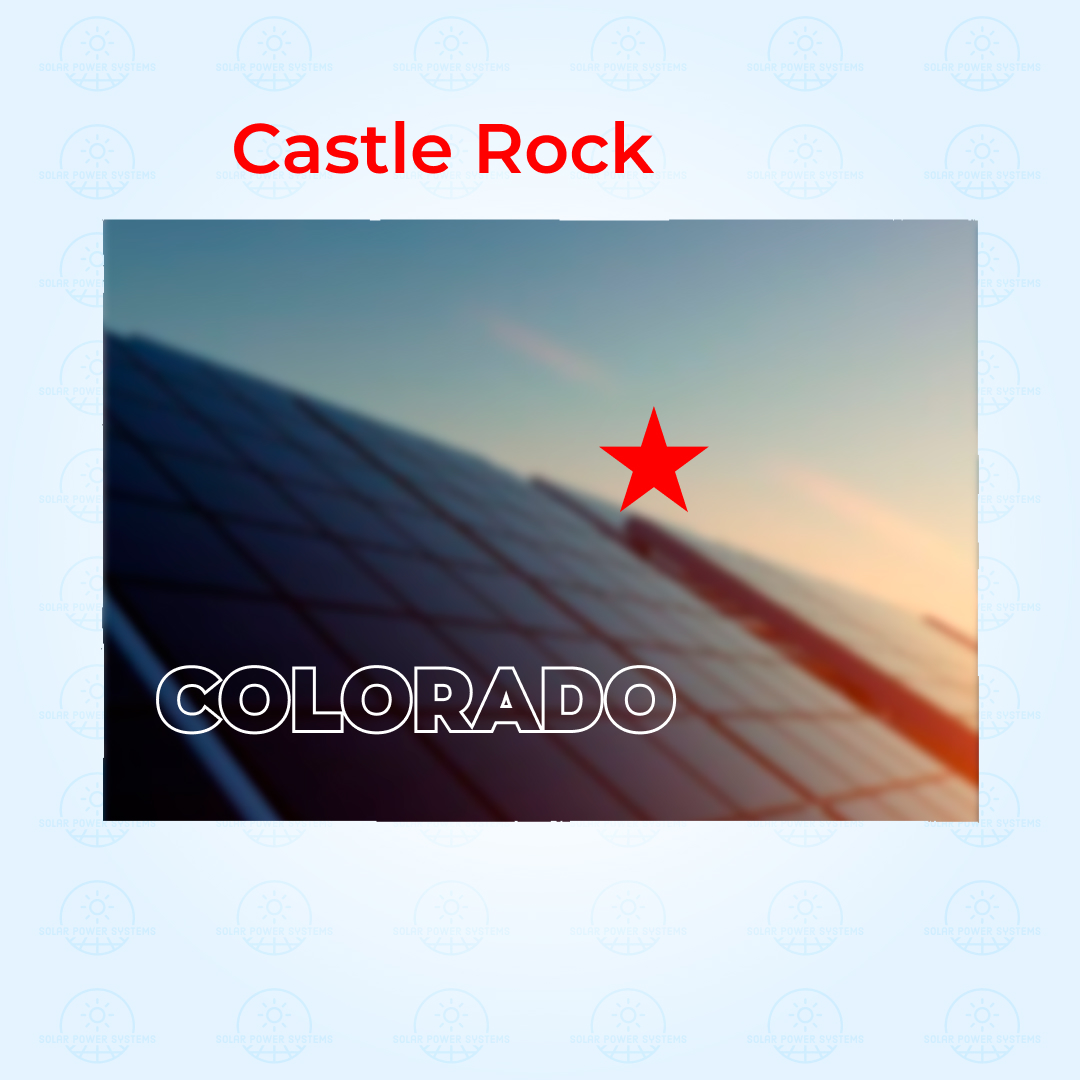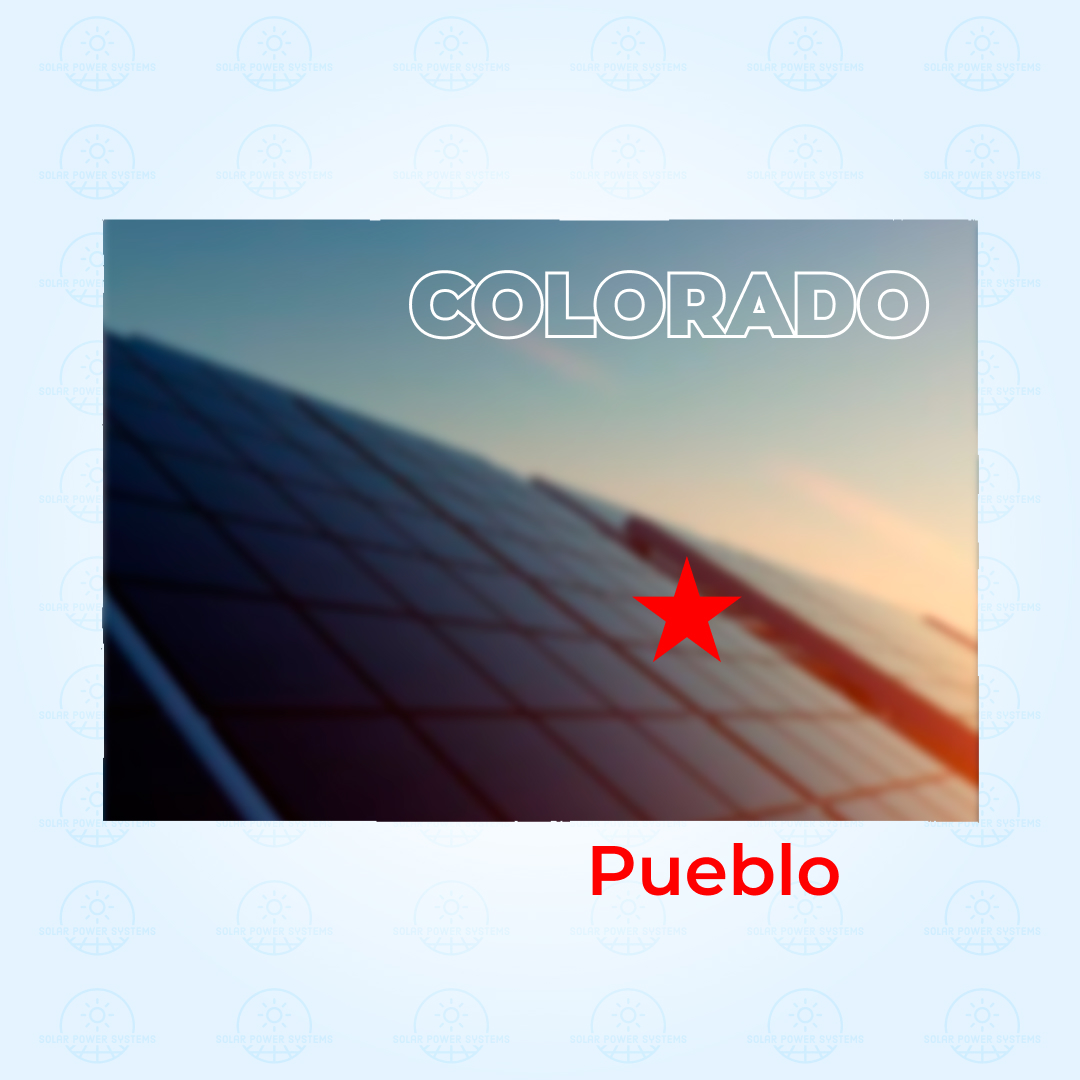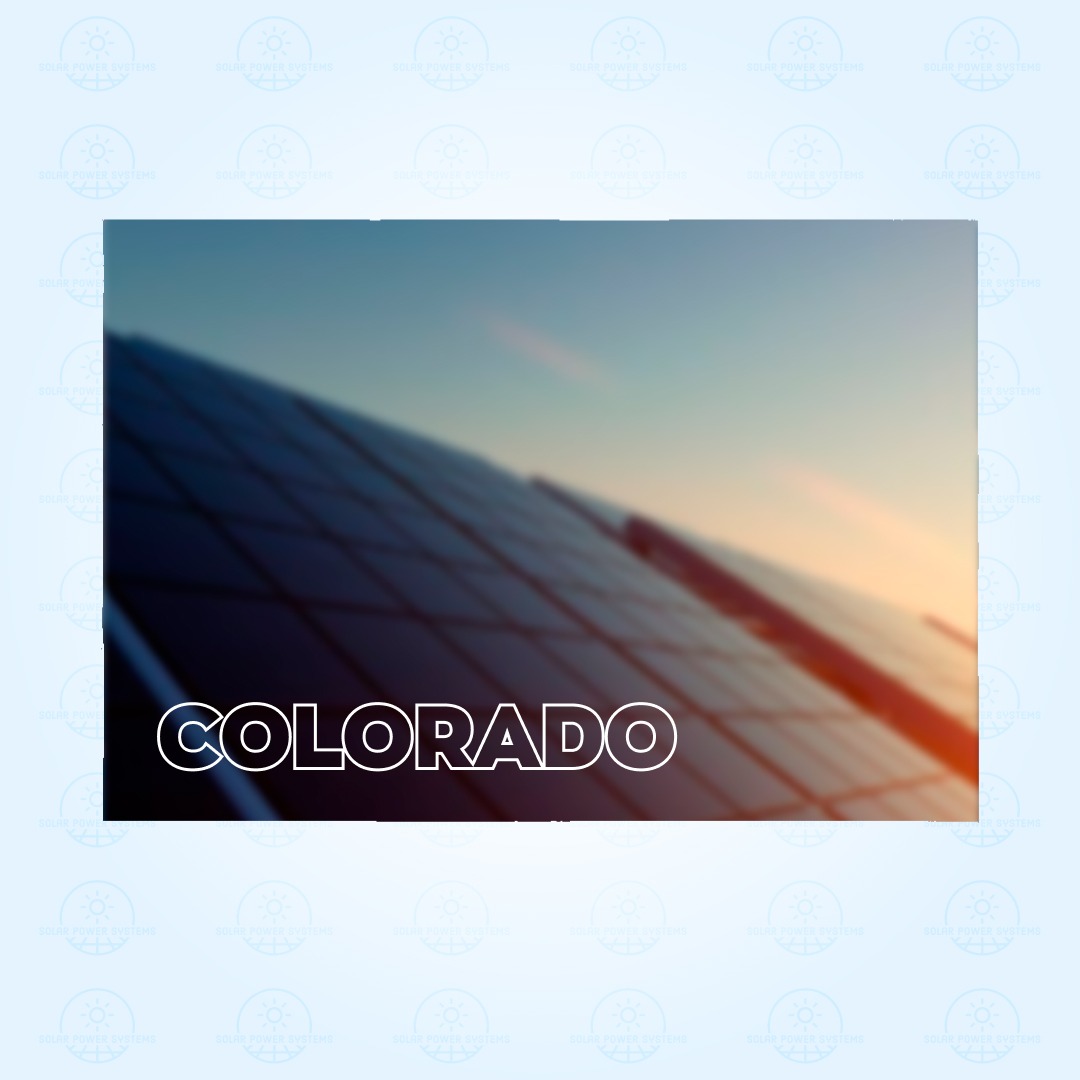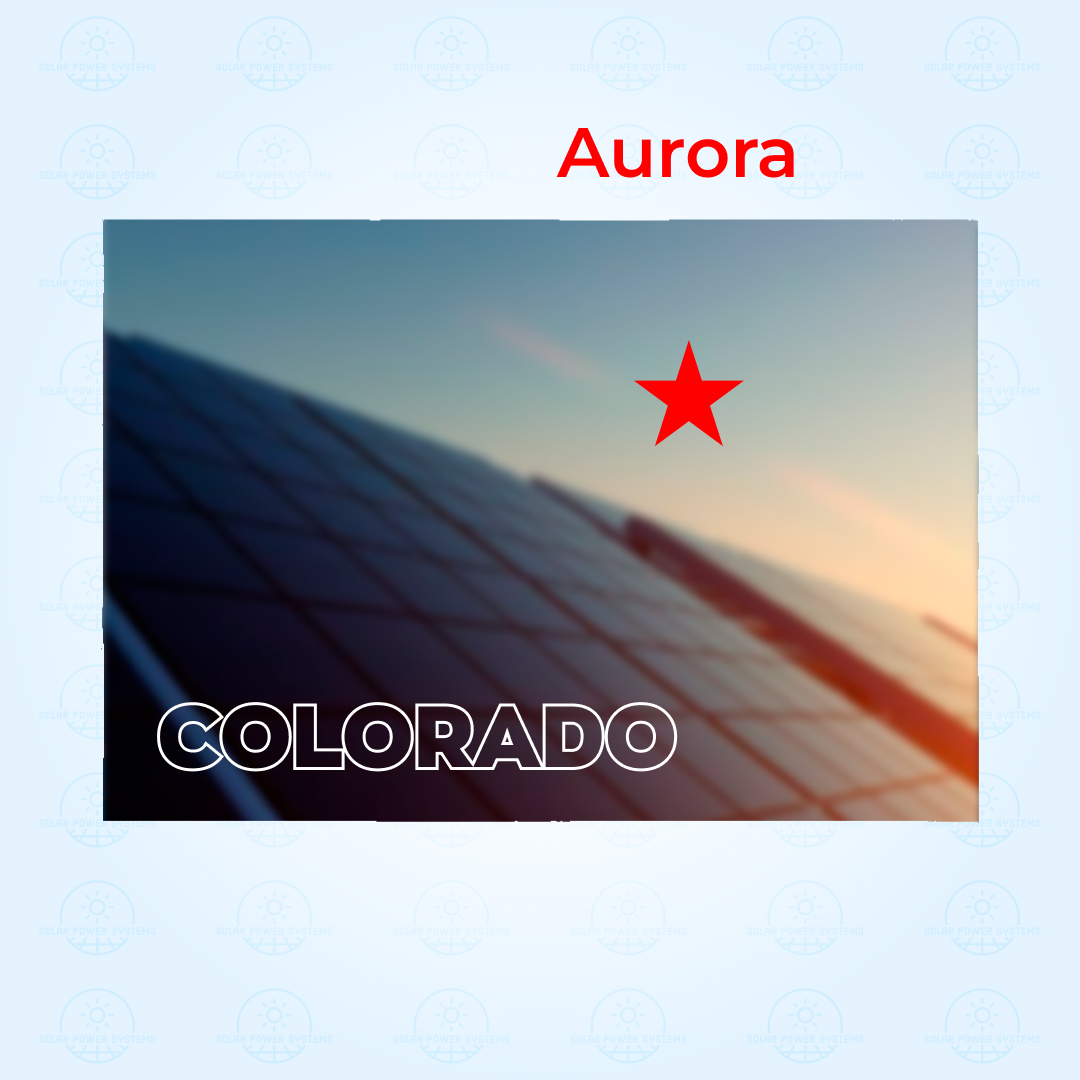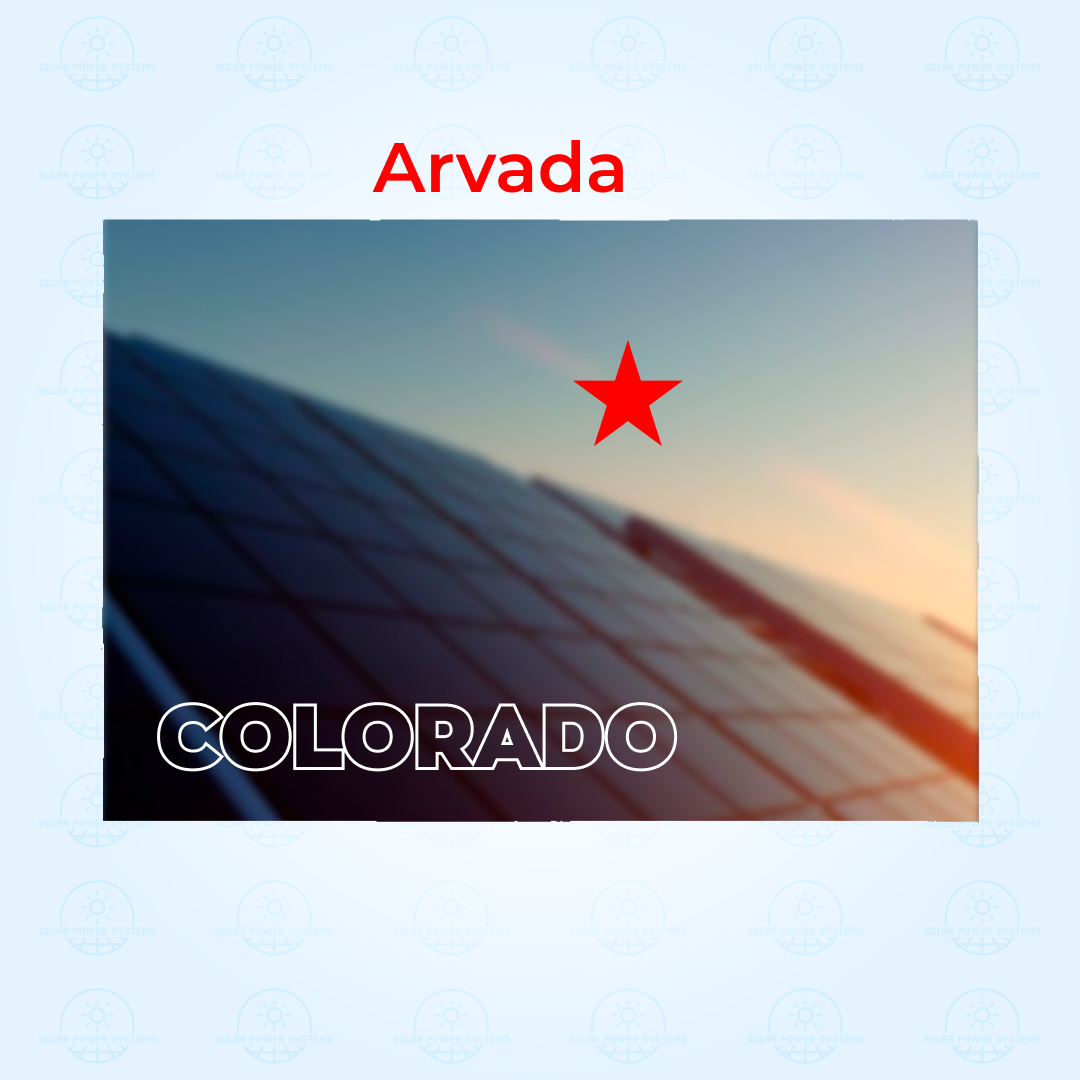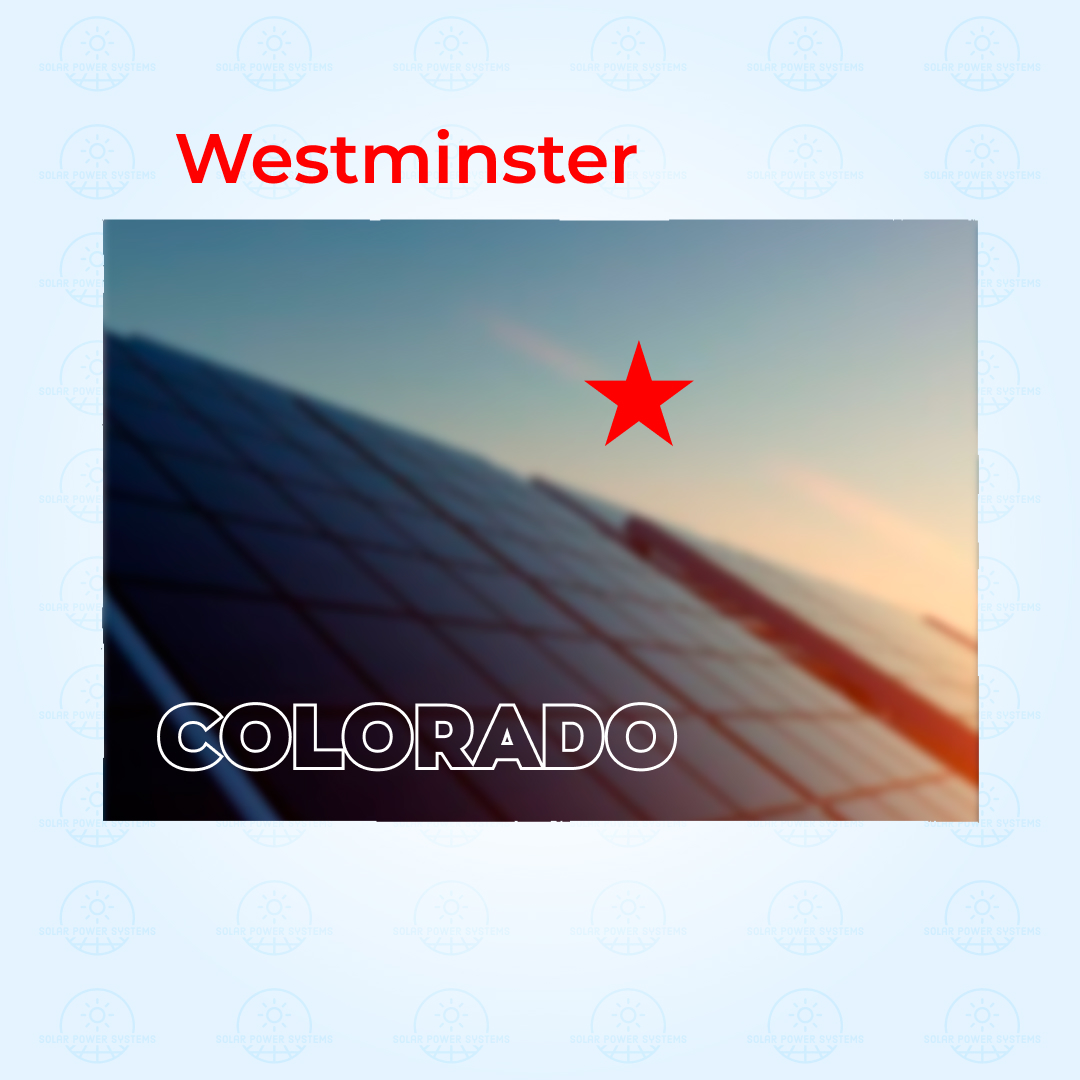Choosing the right solar installer in Colorado can feel overwhelming. There are so many questions to answer before making the decision, you can spend hours researching. That’s why we’ve simplified it for you.
Our guide highlights Colorado’s top-rated solar companies, combining Solar Power Systems expert insights with feedback from locals who’ve made the switch.
No need to surf the web looking for information crumbs to have the big picture. Years in business, reviews from real customers, online reputation, panel brands, warranty, social media overview, and more – we have it all. The hard work is done to help you make the right decision.
We prioritize companies committed to long-term service and reliability. Here’s our list of Colorado’s most trusted solar installers:
Aim High Solar LLC review Colorado Springs, Colorado, United States
Solarise Solar review 2936 Janitell Rd, Colorado Springs, CO 80906, United States
With an overall third-party rating of 4+ and positive feedback across more than 10 reviews from different platforms, Solarise Solar read more…
Solarise Solar review 2936 Janitell Rd Colorado Springs, CO 80906
With an overall third-party rating of 4+ and positive feedback across more than 10 reviews from different platforms, Solarise Solar read more…
ION Solar review 4040 E Bijou St Unit 120, Colorado Springs CO, 80909
With an overall third-party rating of 4+ and positive feedback across more than 10 reviews from different platforms, ION Solar read more…
ION Solar review 12875 E 42nd Ave, Denver CO, 80239
With an overall third-party rating of 4+ and positive feedback across more than 10 reviews from different platforms, ION Solar read more…
Photon Brothers review 752 Clark Pl, Colorado Springs CO, 80915
With an overall third-party rating of 4+ and positive feedback across more than 10 reviews from different platforms, Photon Brothers read more…
Sunlight Solar Energy review 384 Garden of the Gods Road Unit 150, Colorado Springs CO, 80907
Sunlight Solar is rewarded with our Expert Choice badge, serving an exclusive area of fewer than 4 states. With a read more…
Blue Raven Solar review 3550 Academy Blvd N Unit A, Colorado Springs CO, 80917
With an overall third-party rating of 4+ and positive feedback across more than 10 reviews from different platforms, Blue Raven read more…
Blue Raven Solar review 5526 N Academy Blvd, Colorado Springs CO, 80918
With an overall third-party rating of 4+ and positive feedback across more than 10 reviews from different platforms, Blue Raven read more…
Freedom Solar Power review 5135 Centennial Blvd, Colorado Springs CO, 80919
Freedom Solar Power is rewarded with our Expert Choice badge, serving an exclusive area of fewer than 5 states. With read more…
Affordable Solar Colorado review 1755, Telstar Dr., 3rd Floor, Colorado Springs, Colorado 80920, United States
With an overall third-party rating of 4+ and positive feedback across more than 10 reviews from different platforms, Affordable Solar read more…
Big Dog Solar review 168 N Aspen Ski Way, Pueblo West CO, 81007
With an overall third-party rating of 4+ and positive feedback across more than 10 reviews from different platforms, Big Dog read more…
Steel City Solar review 621 E Enterprise Drive Pueblo West, CO 81007
With an overall third-party rating of 4+ and positive feedback across more than 10 reviews from different platforms, Steel City read more…
Photon Brothers review 4921 N Elizabeth Street, Pueblo CO, 81008
With an overall third-party rating of 4+ and positive feedback across more than 10 reviews from different platforms, Photon Brothers read more…
Impact Energy review 880 Eagleridge Blvd, Pueblo CO, 81008
With an overall third-party rating of 4+ and positive feedback across more than 10 reviews from different platforms, Impact Energy read more…
Power Home Remodeling review 7304 S Joliet St #100, Centennial, CO 80112
With an overall third-party rating of 4+ and positive feedback across more than 10 reviews from different platforms, Power Home read more…
Blue Raven Solar review 9034 E. Easter Place Ste #107, Centennial CO, 80112
With an overall third-party rating of 4+ and positive feedback across more than 10 reviews from different platforms, Blue Raven read more…
Solar Power Pros review 7332 S Alton Way Centennial, CO 80112
With an overall third-party rating of 4+ and positive feedback across more than 10 reviews from different platforms, Solar Power read more…
Impact Energy review 7334 S Alton Way Unit 14J Centennial, CO 80112
With an overall third-party rating of 4+ and positive feedback across more than 10 reviews from different platforms, Impact Energy read more…
Glyde Solar review 525 S 850 E Ste 5 Lehi, UT 84043
With an overall third-party rating of 4+ and positive feedback across more than 10 reviews from different platforms, Glyde Solar read more…
Solar Panel Cost in Colorado
A typical 5 kW system runs about $14,381 before any incentives. That might sound steep, but here’s the thing—with the 30% federal tax credit (which is only available through the end of 2025), that same system drops to around $10,067. That’s over $4,300 in savings just from one incentive.
When you break down how much does it cost to install solar panels on a per-watt basis, Colorado homeowners are looking at roughly $3.52 per Watt. A larger 7.5 kW system would cost about $26,400 upfront, or $18,480 once you factor in the tax credit.
Solar Panels Prices in Colorado
| System Size | Cost Before Incentives | Cost per Watt | Cost After 30% Tax Credit | Estimated Monthly Savings |
|---|---|---|---|---|
| 5 kW | $14,381 | $3.52 | $10,067 | $85-95 |
| 6 kW | $17,257 | $3.52 | $12,080 | $102-115 |
| 7 kW | $20,134 | $3.52 | $14,094 | $119-135 |
| 7.5 kW | $26,400 | $3.52 | $18,480 | $127-145 |
| 8 kW | $23,008 | $3.52 | $16,106 | $136-155 |
| 10 kW | $28,760 | $3.52 | $20,132 | $170-190 |
| Pricing Disclaimer: The solar panel prices shown are estimates based on data collected from online sources as of October 2025. Actual costs may vary based on your location, system specifications, and installer. | ||||
Monthly savings are based on Colorado’s average electricity rate of 15.31¢ per kWh
Cost of Solar Panels in Colorado by City
The cost of solar panel installation shifts a bit depending on where you are. Here’s how much do solar panels cost in some of Colorado’s major cities:
- Denver: $3.59 per Watt—or $17,950 for a 5 kW system before the solar investment tax credit, after the credit $12,565
- Aurora: $3.35 per Watt—a 5 kW system is $16,750 upfront, or $11,725 with the credit in mind
- Colorado Springs: Comparatively close to the statewide average of $3.52 per Watt
- Parker: $3.66 per Watt—expect around $18,300 before incentives, $12,810 after
Solar Incentives in Colorado
The State of Colorado offers one of the best solar incentive programs in the nation, and it certainly reduces the solar panel cost. If you want to know the actual cost of solar panels in the State of Colorado, then you must learn about the incentives that you can take.
Federal Solar Tax Credit
The big one everyone should know about is the Residential Clean Energy Credit—it used to be called the Investment Tax Credit or ITC. This gives you 30% back on everything: panels, installation labor, permits, even the sales tax.
But there’s a catch, and it’s a big one. This credit ends on December 31, 2025. After that date, it’s gone completely. Your system needs to be installed and running before the calendar flips to 2026, or you miss out on this entirely.
State and Local Incentives
Colorado Residential Energy Upgrade (RENU) Loan
This is a financing option that’s actually worth looking at. The state offers:
- Loans up to $75,000 for solar and other energy upgrades
- 20-year repayment period
- You don’t need to put up your house as collateral
- Fixed payments with no penalty if you pay them off early
- Run through the Colorado Clean Energy Fund’s partner credit unions
Utility Company Incentives
Different utility companies across Colorado have their own programs. Some are still accepting applications, others have already hit their caps for 2025.
Xcel Energy Solar Rewards Program
This was a great program offering $1,000 per kW (up to 7 kW) for income-qualified customers and folks living in Disproportionately Impacted communities. The trade-off was letting Xcel claim your renewable energy credits for 20 years. Unfortunately, they’ve already hit capacity for 2025 and aren’t taking new applications.
Holy Cross Energy
Still available on a first-come basis:
- $250 per kW for smaller systems (0-6 kW)
- $100 per kW once you’re above 6 kW (up to 25 kW total)
Black Hills Energy
They’ll pay you $0.03 for every kilowatt-hour your panels produce, and they keep this up for a full 10 years. Your system can’t be bigger than 25 kW, and you need a 20-year warranty on the panels. Black Hills gets to claim the renewable energy credits, which seems like a fair trade for a decade of production payments.
San Miguel Power Association
Simple rebate: $0.10 per Watt, maxing out at $300 (that’s 3 kW worth).
Boulder County Programs
If you’re in Boulder County, there are a couple of options:
- $200 rebate when you use EnergySage’s marketplace
- Income-eligible residents can get grants up to $8,000 (covers 50% of costs after other incentives, on a first-come basis)
High Country Conservation Center – Solarize Summit
This runs from February through May each year:
- $1,650 if you live in Breckenridge, Summit, or Silverthorn County
- $2,400 for Town of Frisco residents
- Plus an extra 5% discount from the installer, up to $750
Tax Exemptions
Colorado doesn’t charge you sales tax when you buy solar panels—that saves at least 2.9% right off the top.
There’s also a property tax exemption. Even though solar panels add value to your home, you won’t see your property taxes go up because of them. Given that Colorado’s average property tax is 0.6%, that’s not nothing.
Net Metering in Colorado
Colorado’s net metering setup is one of the reasons solar makes so much sense here. When your panels produce more electricity than you’re using, that extra power goes back onto the grid and you get credited for it at the full retail rate.
Those credits roll over month to month. What happens at the end of the year depends on your utility company—some will cut you a check, others let you keep rolling credits forward.
Xcel Energy gives you a choice:
- Go with dollar-based credits that roll forward forever and can even cover your monthly connection fee
- Or pick kWh-based credits, which get cashed out annually—though they only pay you a few cents per kWh at their “average hourly incremental cost,” which is way less than what you normally pay them
Black Hills Energy only does kWh-based credits, but at least their year-end payout rate is better than Xcel’s.
One thing to watch for: really small utilities (under 5,000 customers) don’t have to offer net metering at all. And municipal or co-op utilities cap eligible systems at 10 kW.
Solar Battery Storage Incentives
Batteries don’t make financial sense for everyone in Colorado since net metering is so good and electricity isn’t super expensive. But if you want backup power for peace of mind, there are some decent incentives.
Xcel Energy Renewable Battery Connect
They’ll pay you $350 per kW upfront, maxing out at $5,000. If you’re income-qualified or in a disproportionately impacted community, that jumps to $800 per kW (up to 75% of the equipment cost).
Stay enrolled, and you get another $100 annually for up to 5 years. As of January 2025, they still had 94% of the money available.
The catch? Xcel can tap into 60% of your battery whenever they need it—up to 60 times a year for five years. So your battery might only be at 40% capacity when a blackout hits. On the bright side, you can bail on the program anytime without having to pay anything back.
Eligible batteries include Tesla Powerwall 2, Powerwall+, Powerwall 3, and SolarEdge Home Battery.
Holy Cross Energy
Two options here:
- $500 per kW (up to $12,500) if you sign up for their Distribution Flexibility Program rate plan
- $250 per kW or $100 per kWh (up to $12,500) with their Time of Day rate
You can only pick one of these programs, not both.
And remember, any battery over 3 kWh qualifies for that 30% federal tax credit (again, only through December 31, 2025).
Electricity Costs in Colorado
Colorado electricity rates sit at an average of 15.31 cents per kWh. Most households use around 662 kWh monthly, which translates to about $101.40 on your electric bill.
A 5 kW solar system is usually enough to cover that for a typical Colorado home.
There’s some variation by region—Colorado Springs residents pay about 13.55¢ per kWh on average, which works out to roughly $86.54 monthly. Overall, though, Colorado’s electricity rates are pretty reasonable compared to a lot of other states.
Specific Considerations for Colorado Solar
Solar Irradiance and Climate Benefits
Colorado is honestly one of the best states for solar. We get over 300 days of sunshine in many areas, and the high altitude actually works in your favor—there’s less atmosphere for the sun to pass through, which means more intense solar irradiance hitting your panels.
Winter isn’t a problem either. Sure, the days are shorter, but those clear blue skies keep producing. And when it snows, the white ground reflects even more light onto your panels.
Here’s something most people don’t realize: solar panels actually work better in cooler temperatures. They’re tested at 25°C (77°F), but they perform more efficiently in Colorado’s moderate climate than they would in, say, Arizona, where the heat can drag down their output.
Permitting and Interconnection Process
Getting permits usually takes 10 to 30 days in Colorado, depending on your city and how complex your system is. Smaller residential setups tend to fall on the faster end.
Some places have streamlined things even more. Denver and Bennett use SolarAPP+, which is an automated permit system. It handles systems up to 38 kW that meet code requirements. There’s also Symbium, another automated platform that opened up to Colorado in April 2024.
Colorado passed House Bill 21-1284 a few years back to cap permit fees for solar installations. That’s still in effect through December 31, 2029.
For interconnection, the major utilities have pretty clear procedures. You submit your application, they review it, and once everything checks out, you get permission to operate and flip the switch.
Timeline Expectations
Typical Installation Timeline
From the day you sign a contract to the day your system goes live, you’re looking at 2 to 4 months total.
Here’s how that breaks down:
- Site Assessment & System Design: 1-2 weeks to figure out what you need and design the system
- Permit Application & Approval: 10-30 days for residential systems
- Equipment Procurement: 2-4 weeks, though this can vary based on what’s in stock
- Installation: 1-3 days for most homes
- Utility Interconnection Approval: 2-6 weeks waiting for the utility company
- Final Inspection & Permission to Operate: 1-2 weeks
About that 2025 deadline: With the federal tax credit disappearing on December 31, 2025, timing matters. These projects take 2-4 months minimum, so if you’re starting in late 2025, you’re cutting it close. Most installers are telling people to get the ball rolling by August at the latest if they want to guarantee they’ll finish before the deadline.
What can slow things down? Local government processing speed varies. Utility companies get backed up. Summer is a busy season, so installers have full schedules. Equipment might be on backorder. And obviously, the weather can delay the actual installation day.
Is It Worth Going Solar in Colorado?
People always ask, “Are solar panels worth it in Colorado?” and “How much are solar panels really going to save me?” Here’s the honest answer: yes, it’s worth it for most homeowners, and here’s why.
The numbers work out. Between the 30% federal tax credit (which, remember, goes away after 2025), Colorado’s tax exemptions, utility incentives, and strong net metering, you’re looking at some solid returns. The average 5 kW system saves you over $4,000 just in upfront incentives. When you compare how much solar panels cost versus what you’ll save over time, most Colorado systems pay for themselves in 7-12 years. Then they keep producing for another 13+ years.
We’ve got the sun for it. Colorado’s solar resource is genuinely excellent. All those sunny days and our high altitude mean your panels will produce consistently well. This isn’t like trying to do solar in Seattle.
Electricity rates aren’t going down. At 15 cents per kWh on average, and with rates trending upward over time, you’re locking in energy costs for the next 25+ years. That’s real protection against future rate hikes.
It’s good for the environment. Colorado has ambitious clean energy goals, and residential solar helps. You’ll reduce your carbon footprint and contribute to better air quality, especially important along the Front Range.
Your home value goes up. Solar installations typically increase what your home is worth. And thanks to Colorado’s property tax exemption, you don’t pay extra taxes on that added value. So solar panels in Colorado aren’t just about electricity—they’re also a smart real estate move.
Backup power is available. With battery storage incentives from Xcel and Holy Cross Energy, you can add energy independence and backup capability to your home.
Time is running out on the big incentive. That December 31, 2025, deadline for the 30% federal tax credit isn’t moving. After that, the incentive disappears completely, which means the cost of solar panels effectively goes up 30%. This is your last year to maximize the financial benefits.
For most Colorado homeowners who have decent roof space and sun exposure, solar delivers both immediate financial benefits and long-term value—especially if you get it done before the end of 2025. Whether you’re in Denver, Colorado Springs, Boulder, Fort Collins, or anywhere else across the state, solar panels in Colorado provide strong returns while helping move us toward cleaner energy.
How Much Can Solar Panels Save Me in Colorado?
Finding out how much you can save on solar in Colorado is not a straightforward answer. It depends on several factors, including the solar billing of your utility company, the size of a potential solar system on your roof, and your household’s energy consumption. While most solar installers will try to cover all your electricity needs, the actual savings will depend on your home’s unique conditions. To get a personal estimate of how much you could potentially save by going solar, fill out a simple form on our website, use Google’s Project Sunroof solar savings calculator, or consult with a couple of local solar installation companies for a personalized savings calculation.
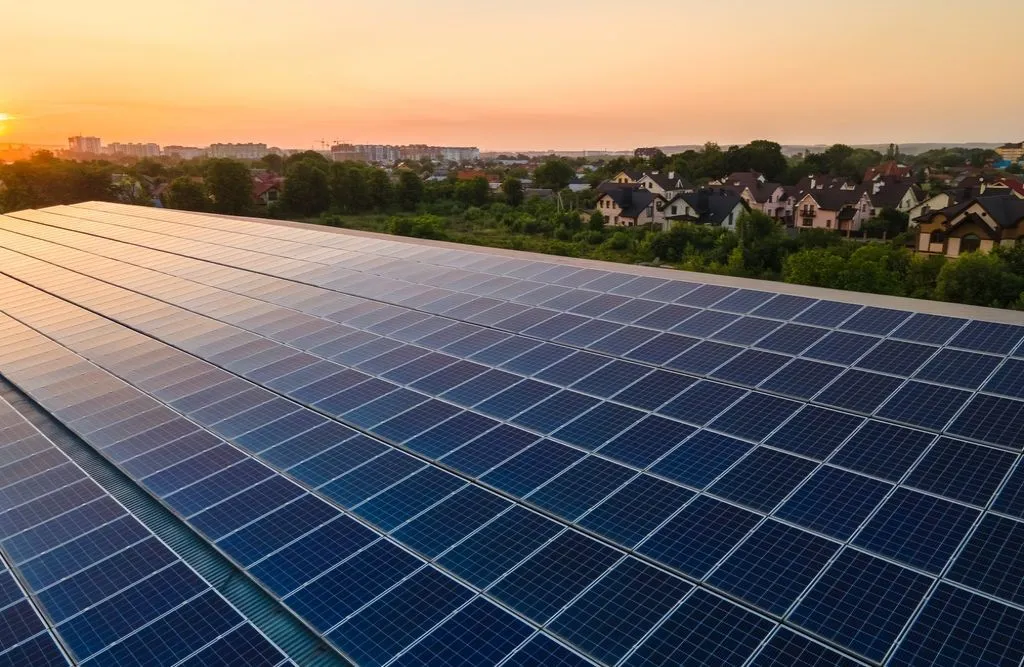
How much is your electricity bill per month?
Help us understand what you`re currently spending
Solar Financing Explained
You can pay for solar panels in a couple of ways:
- Cash
- Installer solar loans
- Personal loans
- Cash-out refinance or HELOC
- Solar Leases or Power Purchase Agreements (PPA)
First, there is a cash purchase, which in most cases provides the best price and long-term savings, but the upfront payment is not always what you can afford. If you want to own your solar panels and don’t have about $15,000 to $20,000 in the bank, you’ll have to choose solar panel financing.
You can consider a personal loan, a home equity line of credit, or a solar loan offered by the solar company. However, keep in mind that these loans come with interest and additional fees. Solar loans often are tied to dealer fees, which can increase the total cost of your solar system by 20% or more in exchange for a lower interest rate. To ensure you get the best possible deal, it is wise to compare the dealer fees and interest rates offered by different installers. This way, you can make an informed decision based on the most favorable terms available.
Some companies offer solar leases or PPAs that require zero upfront cost. But in such case, you don’t own solar panels and you are not eligible for any solar rebates or the federal tax credit. And, because you have to pay the solar company monthly, your total solar savings will be lower. Ask for detailed savings calculations from a solar installer to decide on the best option. In most cases, you will still be paying less for electricity.
Frequently Asked Questions
How We Rank Solar Installers
Our main goal is to provide homeowners like you with top-rated solar companies you can trust. Our solar experts analyzed thousands of local and nationwide installers to get to the bottom of who is best in a specific location. The solar company ranking methodology is based on gathering input from homeowner surveys, consulting with industry experts, and extensive research into the solar energy market. Here are the things we believe are the most important to consider when choosing a solar company.
In short, here’s how we pick top installers:
– Company that has been in business for over five years as it indicates stability, reliability, and successful installations.
– Local solar companies over big national ones covering multiple areas as they can provide better personal attention and know more about the solar needs and regulations in their area.
– Companies with hands-on experience and a wealth of projects under their belt are more likely to deliver efficient and timely installations that cater to specific customer needs.
– Companies that handle their own installations instead of outsourcing to subcontractors ensure a higher caliber of work and nurture a culture of excellence and accountability in service.
– Select a company that has a good overall reputation and reviews on sites like SolarReviews, BBB, Google Maps, and Yelp.
– The company is licensed, insured, and holds relevant certifications such as NABCEP certification.
– Companies that offer a wide selection of high-quality solar panels and related products and work with reputable brands.
– Companies that provide flexible financing options such as solar loans, leases, or power purchase agreements.
– Installers that provide substantial workmanship warranties and system performance guarantees.
Read more:
Our Methodology
What Made Us Choose Sources for Expert Score?
How We Classify Solar Installers: What Matters Most?
What to Look for In a Solar Company
To ensure that you partner with a great provider that can meet your needs of going solar, look for the following:
– Make sure the solar installer has industry-standard certifications, such as those from the North American Board of Certified Energy Practitioners (NABCEP), indicating that they meet the gold standard in renewable energy installations. Also, verify if they are licensed, bonded, and insured for residential solar projects in your area. If subcontractors are involved, check their credentials as well.
– Prioritize installers with a proven track record in solar installations, ideally with at least 5+ years of experience. Ask about the number of systems they’ve installed and their project portfolio. A competent installer should openly discuss the solar panels, inverters, and batteries they use if they help to take advantage of local solar incentives and rebates, and warranty coverage specifics.
– Your installer should be forthcoming about the installation process and answer any questions you might have, like “How many solar panels will I need? Why?”, “Can you give me a detailed cost breakdown based on my energy consumption?”, “What solar panel brands do you install? Why?”, etc.. They should also be transparent about their use of subcontractors, detailing their roles and how their work will be supervised.
– A preliminary evaluation of your roof’s condition is the groundwork. The installer should advise on necessary repairs to ensure it’s ready for solar panel installation and clarify responsibilities for any potential roof damage during the process. Discuss aesthetic concerns, such as the placement of solar panels around roof vents or the possibility of relocating vents for a more visually appealing setup.
– Check the installer’s reputation through online reviews and testimonials. They should be able to connect you with past customers willing to share their experiences. Personal recommendations from friends or neighbors who’ve gone solar can also be invaluable.
– Solar installation costs can vary widely, so obtaining multiple quotes is advisable. Experienced installers will adjust their offers to your home’s specifics—size, energy needs, etc. For an objective cost comparison, calculate the price per watt of the proposed system, giving you a standardized basis to evaluate different quotes.
Should You Choose a Local Solar Installer or a Big National Company?
Always choose a local solar company over a big national corporation. Small local companies that operate in a distinct local area are better than multi-state and national solar companies and large corporations. It’s the small local companies who get the best reviews on our website, and it’s the national multistate companies who get very poor reviews. Why so, you may ask?
Solar is a local service business, for the most part, and it is extremely difficult to run a solar company and offer good customer service to many locations from a central office.
Local ones have a community connection, they know better the incentives and regulations in the area, and they simply care more about you than large businesses trying to get into your pocket and overprice you. While multi-state solar companies might try to convince you by financial stability and “quality of installations across different locations”, try to choose a local company that meets all your criteria.
What Does a Solar Installation Look Like?
Here’s how a solar system installation will look like once the design for your solar system is approved:
– First, a solar installer should estimate your energy needs, and analyze your annual and monthly electricity consumption, which you can find on utility bills measured in kilowatt-hours (kWh). Such calculations will help to understand potential savings, payback period, and the system size you need.
– A home energy audit is something every experienced solar company would do to understand the size and output needed.
– Next question on the list: are your house’s roof conditions good enough for installation? A solar installer should carefully inspect the roof and ensure its conditions and orientation are good to go, how and where to better place solar panels and wire the system.
– Next, they will design the system and show you how it’s going to look.
You will usually need a permit to install solar panels from your local authorities, and the solar provider should handle all the paperwork.
– The entire process might take up to 3 months depending on the state and local regulations, while the system installation is usually up to 3 days (might take longer depending on roof conditions and system complexity).
– The installation crew should always clean up and remove any debris, leaving your house in good condition.
– When the system is installed, it should be checked and approved by local municipality inspection.
– If you’re connecting your system to the grid, it has to be wired to your local utility system. You’ll apply for connection through your utility company, which will also want to inspect your system to ensure it’s following utility guidelines. Some installers may help you with this step, so always ask. Once you have all the permits, your system will be up and running, powering your home with solar.

Find the Best Solar Installers Near You
Browse the Best Solar Installers in Nearby Locations

